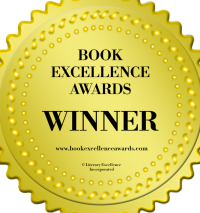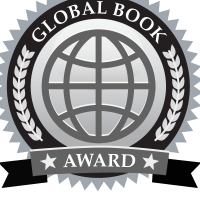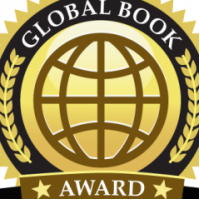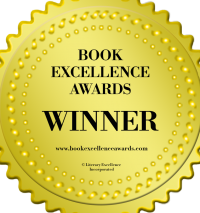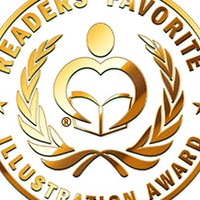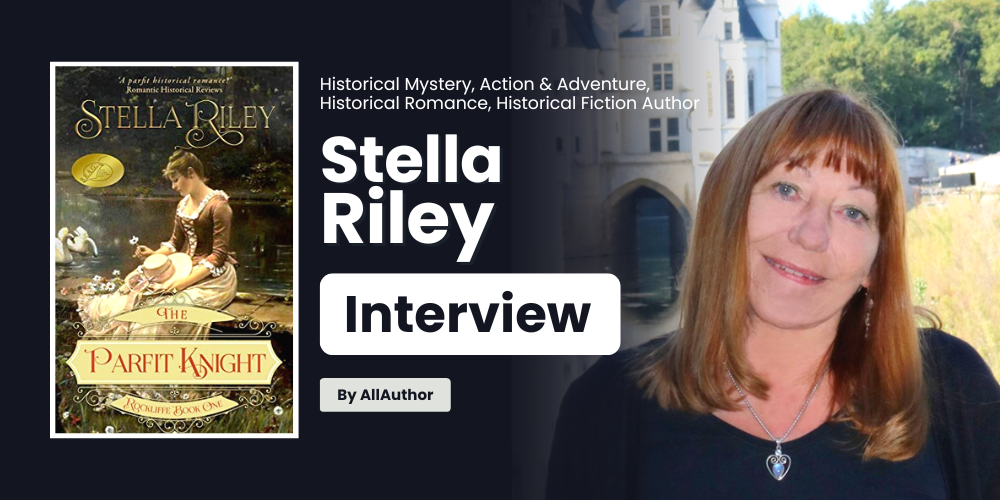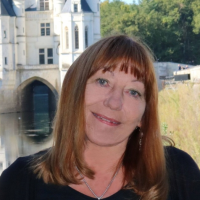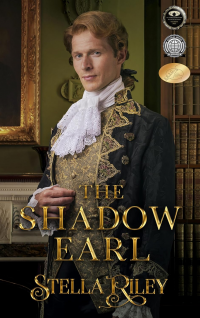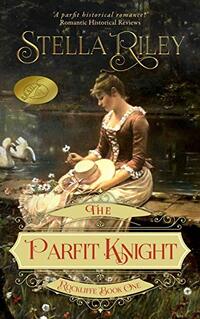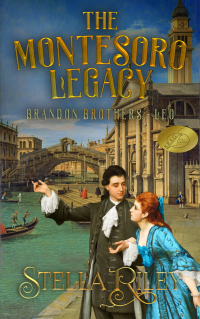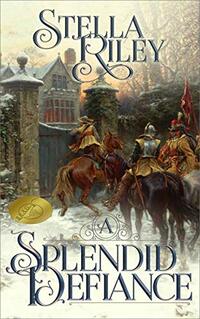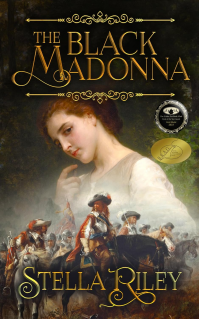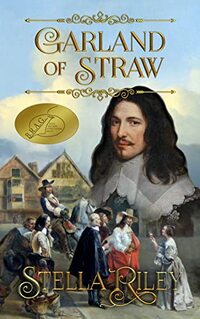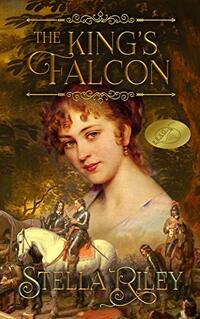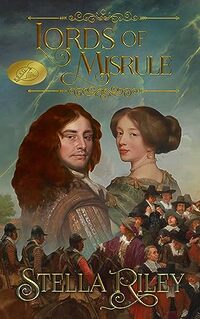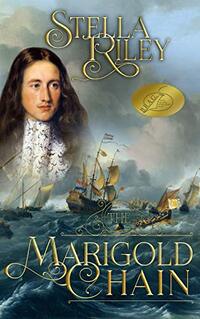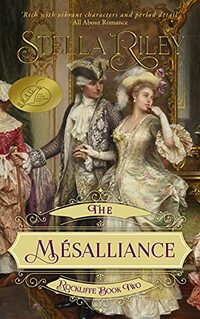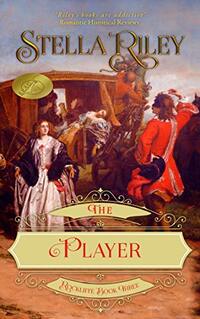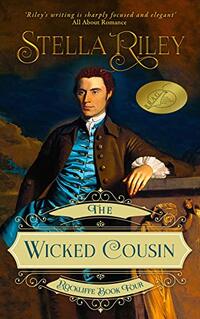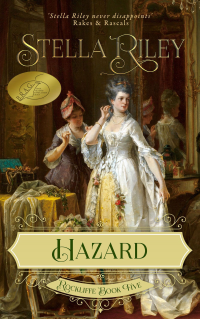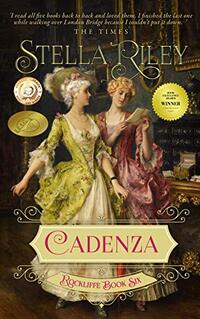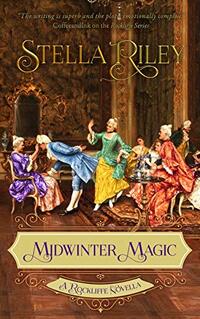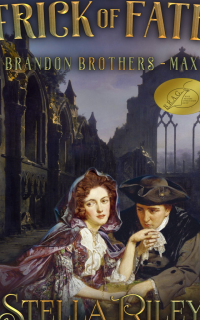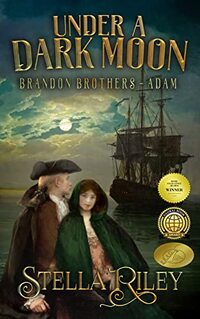What was your childhood like?
Very ordinary really. I lived on the outskirts of a small town on the edge of a large swathe of countryside that had once been a royal hunting ground. I went to the local Grammar School and did my O levels, followed by English, History and Music for A level. Outside that, I had piano lessons, choir practice and friends with whom I occasionally went to parties, concerts or the theatre.
What's the most important lesson you learned in school?
That’s a difficult question. But I suppose it was that, if you really want something, all the effort you put into getting it is eventually worthwhile.
What novels did you love as a teenager?
Dennis Wheatley’s Roger Brooke series and the James Bond books until an elderly lady loaned me a copy of Georgette Heyer’s Arabella. My taste changed immediately. I read all of Heyer’s novels and many other similarly excellent historical romances – my personal favourite being The Way to the Lantern by Audrey Erskine Lindop.
What are the hardest and easiest parts about being a writer?
The hardest part is coming up with the original idea for a story I really want to write; the second hardest, is accepting the fact that, while I’m writing it, it will probably turn into something different. The easiest part (for me) has always been writing realistic conversations and relationships between groups of male friends or brothers.
What challenges did you face while setting your novel, The Marigold Chain in the year 1666? Why did you choose this timeline?
The challenges? It was my first novel – and it was ambitious. It required masses of research and was written before the internet, so I needed to find the right books. Then I had to get an agent and, subsequently, a publisher for it – which, amazingly, I did.
I chose 1666 for several reasons. The Great Plague just before it and the Great Fire of London at the end of it; England was at war with the Dutch again; and, best of all, 1666 had been prophesied to be Doomsday.
Having won fourteen B.R.A.G. Medallions, what's still left to achieve?
B.R.A.G. Medallions (or my other gold medals) aside, there is always something left to achieve. It’s called the next book … and the fact that, as a writer, I’m only as good as my last one.
What do you find most fascinating about English Civil Wars?
Mostly, the people – some of whom, through research, have become old friends. And Civil War – coupled with the religious and political extremes which caused it – offers a wonderfully dramatic and varied backdrop.
How did you come up with the idea of your book, The King's Falcon?
Falcon is Roundheads & Cavaliers Book Three so, historically, it had to takes up from what happened next after the previous book ended. This was Charles 11’s ill-fated attempt to regain the throne, followed by a long, poverty-stricken exile – mostly in Paris. Spying was rife on either side of the Channel – so the Falcon is an agent of the Crown. And with the battles over, I needed a new and different backdrop … so I chose French theatre because I had an interest in it and, this being France, my heroine could be an actress.
What is the significance of literature in your life?
Massive. I’m a voracious reader – always have been. When I was very small, one of my parents read to me every night. My mother taught me to read before I started school and took me to join the library as soon as I was old enough.
What was the most enjoyable theatre production you have ever attended/experienced?
Another difficult question – there have been so many. But I’ll plump for a Sadler’s Wells production of Offenbach’s Orpheus in the Underworld which I saw when I was 18 – and have been in twice on the amateur stage myself. And, bizarrely, Rob Roy the Musical, performed by Canadians at the Edinburgh Fringe – which was simply incredible.
What were your thoughts when you won your first gold medal?
Wow and yippee!
What was the most unique romantic novel you've ever read?
Flowers from the Storm by Laura Kinsale. Giving your leading male character a severe stroke near the start of the book is brave. And the journey the reader takes with him afterwards – first, the gut-churning way he’s treated and then his slow, gruelling road to recovery – is brilliantly written. I highly recommend this book but it’s not for the faint-hearted.
When you write a book, should you have a good beginning or a sad beginning?
Neither. The beginning of the book is the hook that tempts the reader to read on.
What are some of your plans for the future? Are you working on a new project at the moment?
I have just completed a new title – The Shadow Earl – which may be the start of a new series. Both book and cover are currently in the final stages of production and I hope to put it on pre-order at the end of this month (May).
Finally, what are your thoughts on marketing through social media? Have your All Author experience been satisfactory so far and would you recommend this platform to your author friends?
As an independent author these days, I regularly promote through social media. I have only been with All Author since February but have found certain services it offers useful – for example, featured titles with weekly banners, regular Tweets and the option to create Gifs. However, although I don’t yet know what, if anything, it has added to my profile or readership, I would recommend it to other authors because of the features I mentioned and the fact that, compared to other avenues, it is very reasonably priced.

